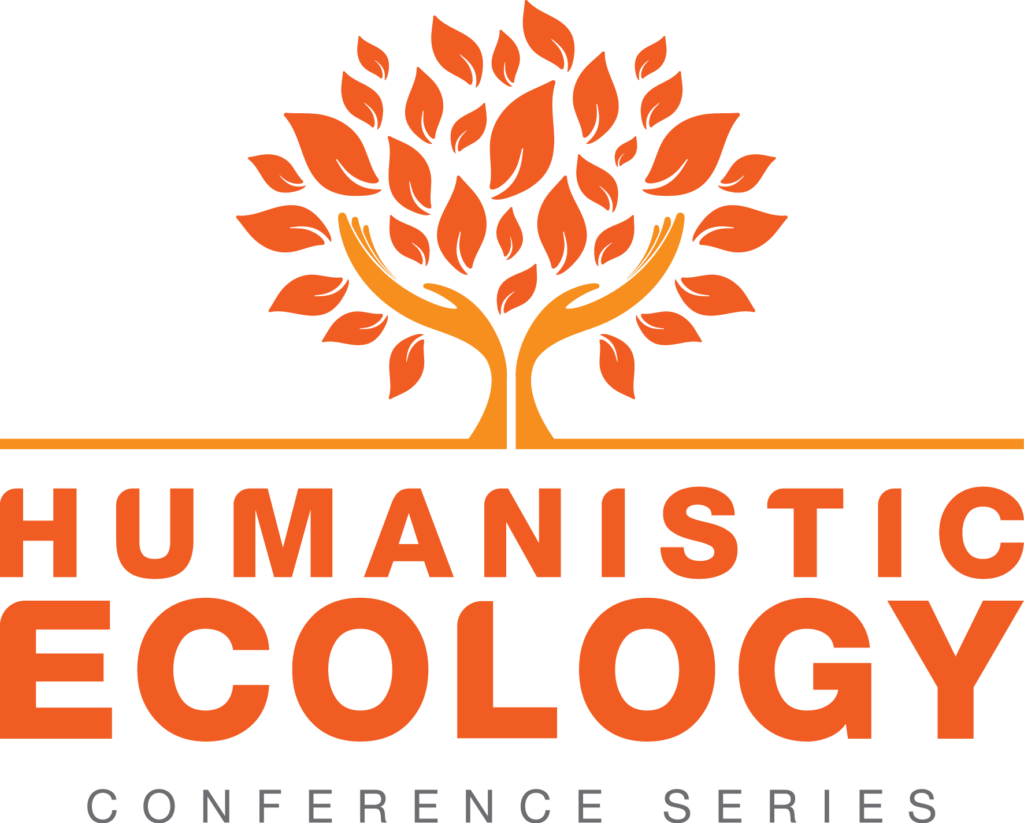“Environmental Philosophy and Ethics in the Face of the Ecological Crisis” Warsaw, September 20-21st, 2023

Philosophy invariably attends humans in asking questions and looking for answers to the challenges they face at the successive stages of civilizational development. While in the eighteenth century, philosophical reflection focused on the “state issue,” and in the nineteenth century and at the beginning of the twentieth century, on the “social issue,” in the last quarter of the twentieth century and in the first decades of the twenty-first century, we have observed an increased reflection on the “ecological issue.” Human attitude towards nature and the deepening ecological crisis require today a thorough philosophical reflection.
The ecological challenges faced by humans nowadays are combined with philosophical questions about the value of nature and the ethical assessment of human attitudes toward the surrounding world. Thus, there arise questions in the field of ethics as well as social and political philosophy, which concern, for example, justice in the context of pollutant emissions, obtaining natural resources, and bearing the undesirable consequences of these activities. Questions are also raised about the disproportionate distribution of benefits and threats to individual countries resulting from the exploitation of natural resources. The awareness of the fragility of the terrestrial ecosystem and the finite nature of its resources, both abiotic and biotic, raises questions about the responsibility of the contemporaries towards future generations. Intergenerational responsibility also raises questions about the current lifestyle and nonchalance with which the modern generation approaches the Earth’s finite natural resources. There is also a question about the responsibility for non-human species and the planet’s condition, which we will leave to future generations. Another critical issue is developing a realistic position on the place and role of humans in the world and their rights and obligations towards nature.
Philosophical reflection on the ecological crisis leads to the conclusion that this crisis has an anthropological character. In other words, it is not a crisis of nature but a crisis of civilization within which nature is exposed to abuse and destruction. The disturbance of the balance between nature and civilization brings about fatal diseases in nature. Therefore, a therapy is necessary that would make people aware of the seriousness of the situation, that will move away from symptomatic and emergency treatment – as was the case when the natural sciences alone were involved in it – and move on to treating the causes. Consequently, the success of this therapy must include humanistic reflection, which guarantees far-reaching and forward-looking thinking about the style of human presence in the world. The remedy for nature’s disease is not, however, a simple replacement of the domination of culture with that of nature. It is necessary to build a complex balance that would allow mutual respect for each other’s specificity. The final effect will be resolving the ecological crisis thanks to a symbiosis of civilization and nature.
CONFERENCE TOPIC PATRONS ORGANIZERS BASIC INFORMATION SUBMISSIONS REGISTRATION CONFERENCE FEE POSTER SESSION PROGRAM TRANSMISSION VENUE
PHOTO GALLERY